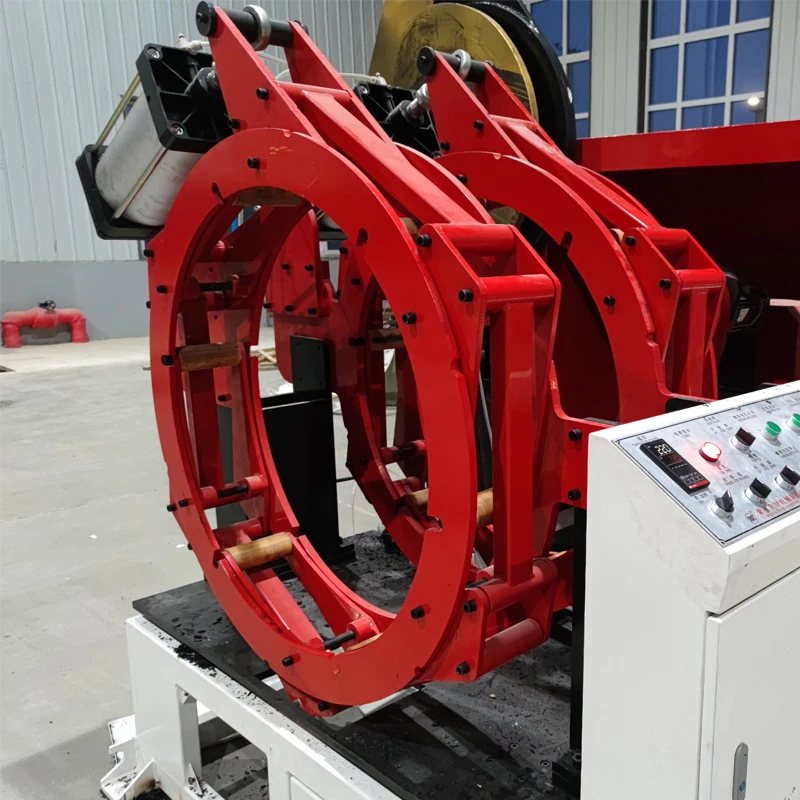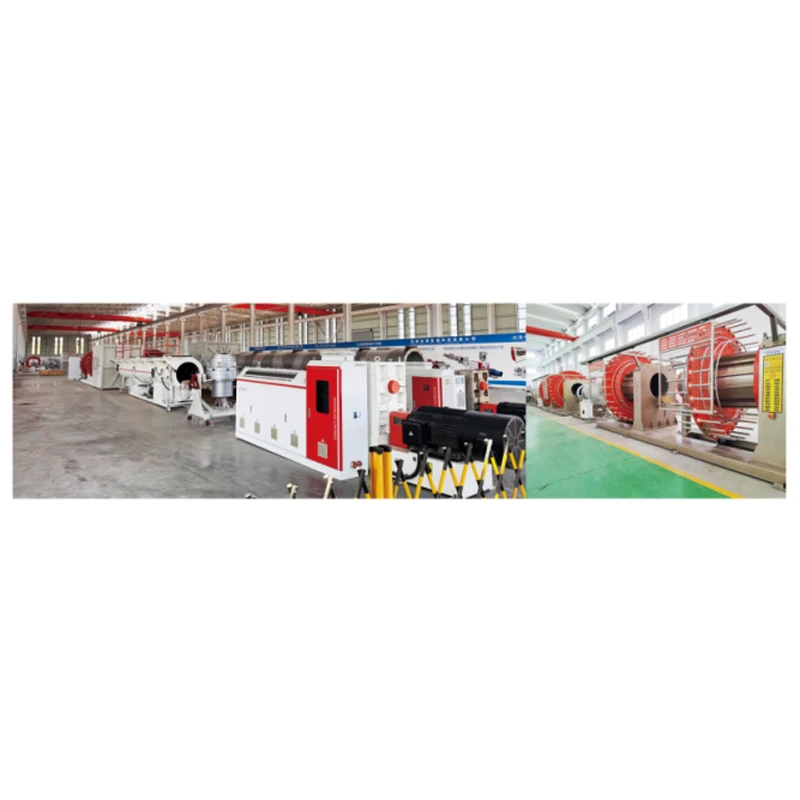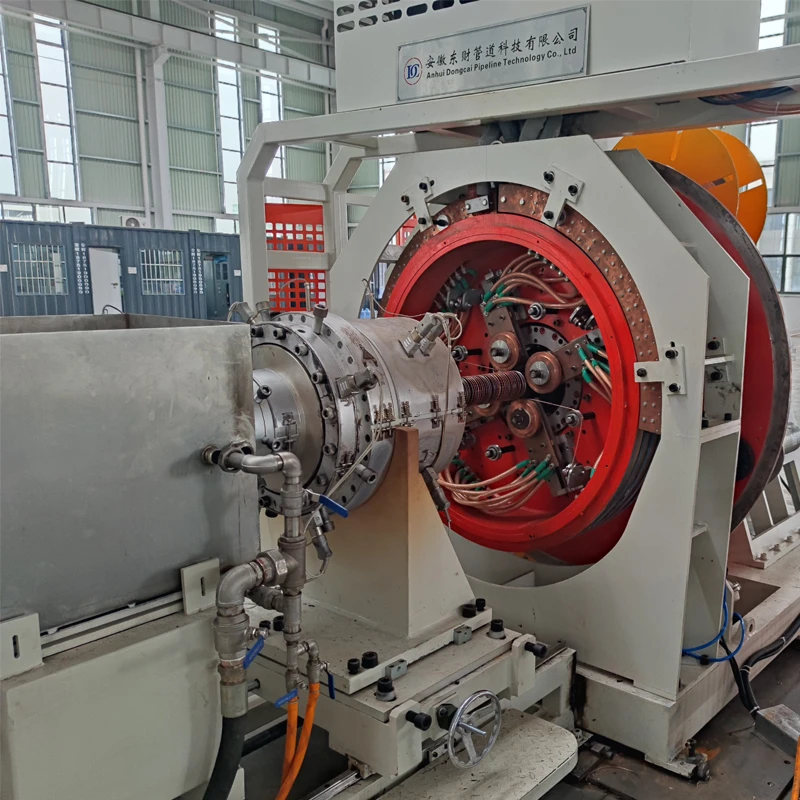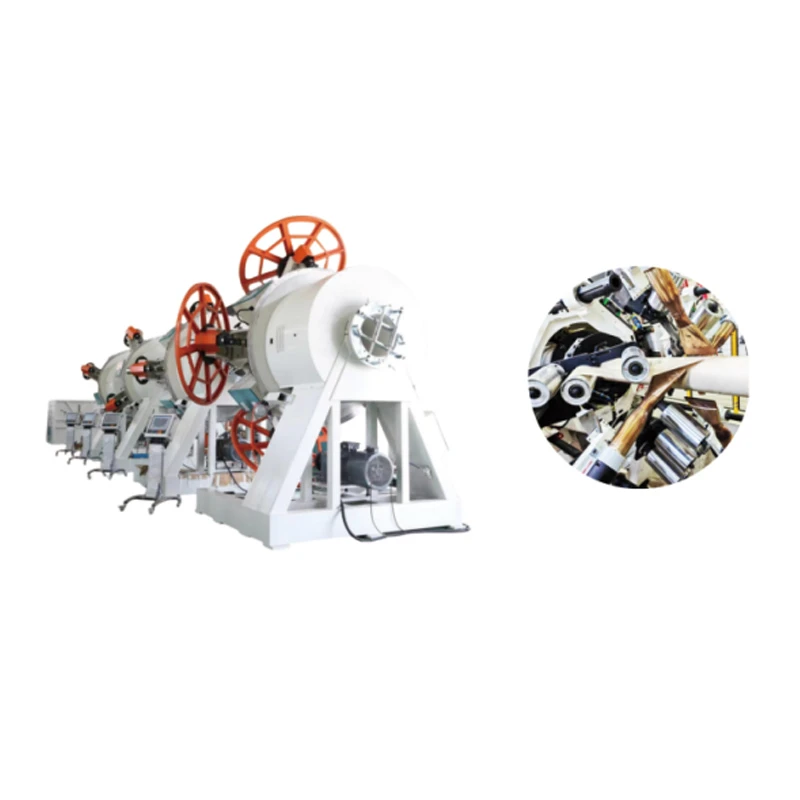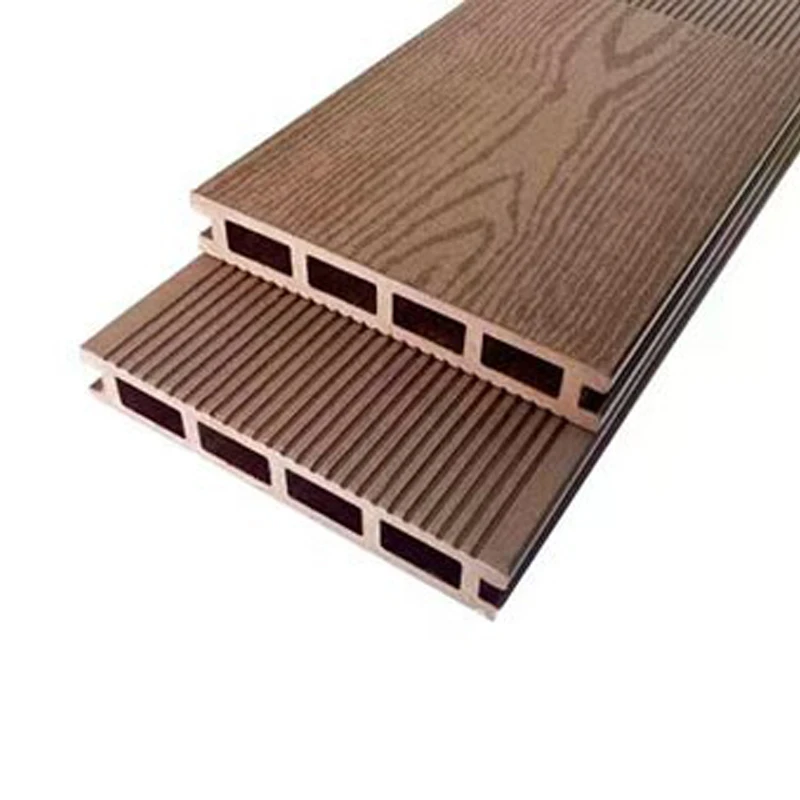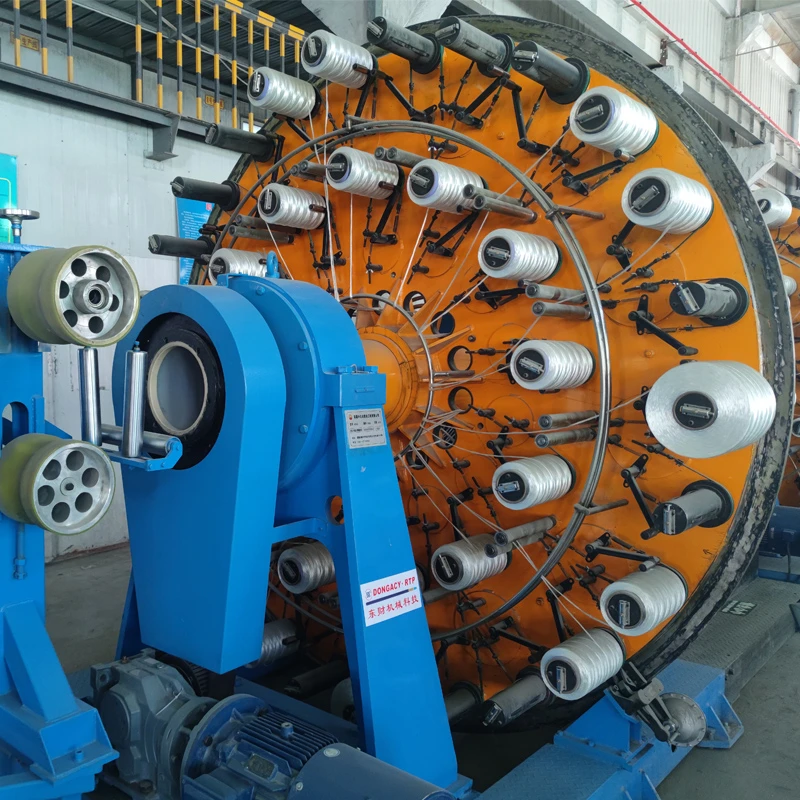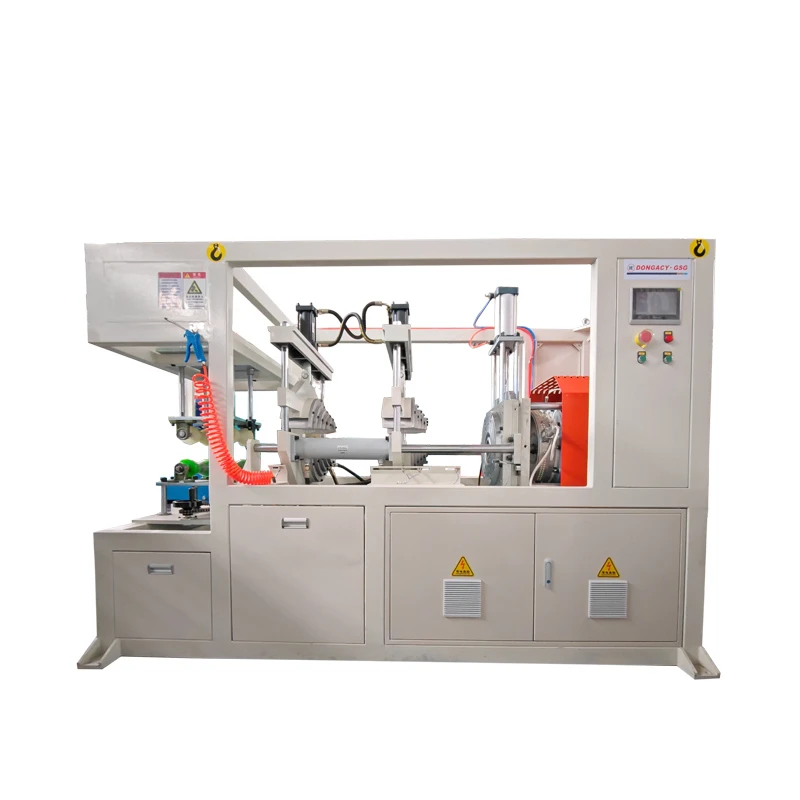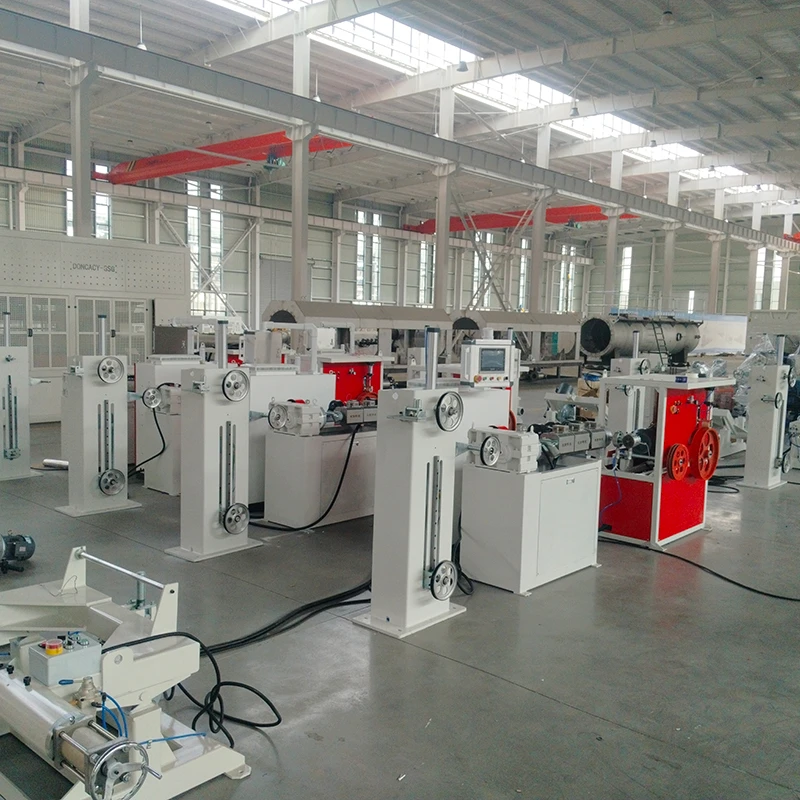
The composite pipe production line represents a cutting-edge solution for manufacturing high-performance polyethylene composite pipes reinforced with a steel wire mesh skeleton. This advanced production system combines precision engineering, automation, and material innovation to deliver durable, corrosion-resistant pipes suitable for a wide range of industrial and municipal applications. Below, we explore its key features, technical specifications, and the company behind this groundbreaking technology.
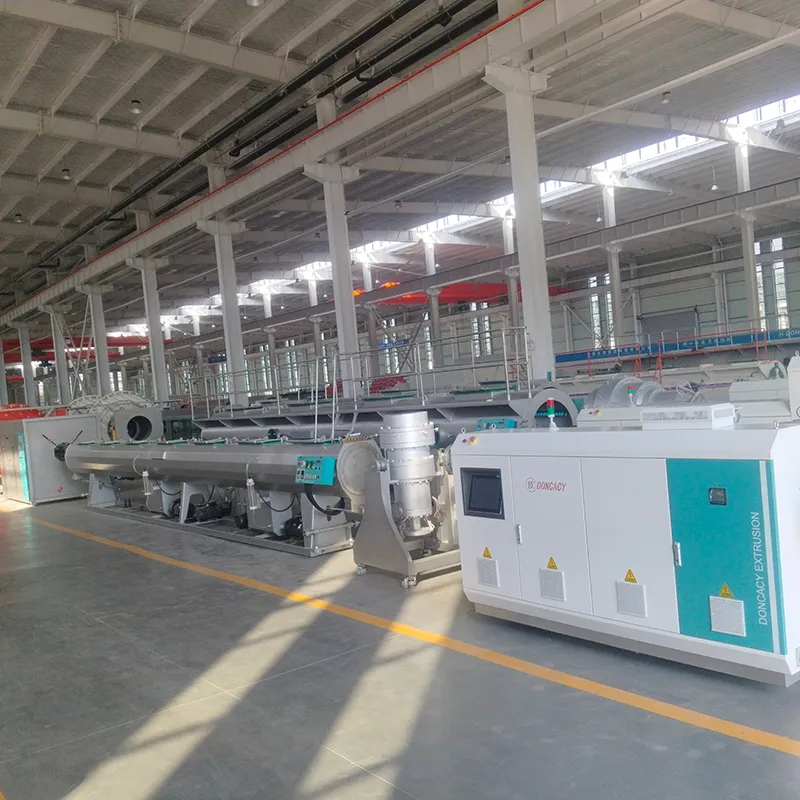
Product Introduction
The production line is designed with a humanized layout, integrating a high-speed extruder, precision die, vacuum setting table, traction unit, cutting machine, and a full-automatic sealing machine. The entire system is controlled by a PLC computer, ensuring high automation, safe operation, and efficient production. Key benefits include:
- High-speed and high-output production
- Low energy consumption and noise levels
- Stable performance during steel wire replacement
- Reduced rejection rates due to consistent quality
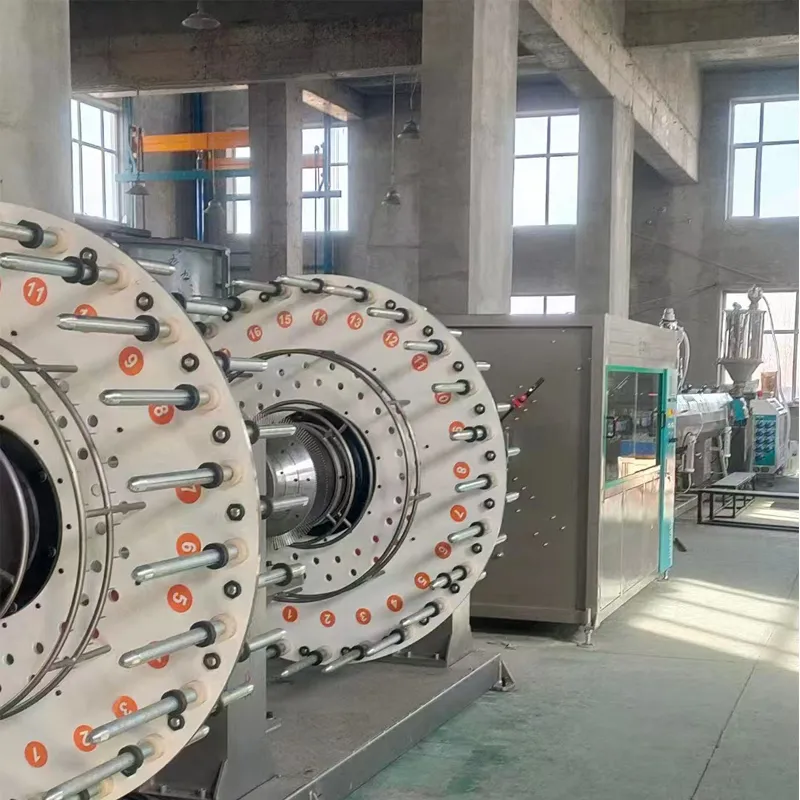
Key Highlights
The production line is distinguished by its advanced engineering and components:
- Highlight 1: The main engine uses international first-line brand electrical components, with 40Cr alloy structural steel for dies and screws. Ceramic heating rings with insulation layers ensure fast heating, while incremental rings on the inner and outer walls enhance performance. The gear box is equipped with a condenser for stable discharging speed.
- Highlight 2: The vacuum box is constructed from 304 stainless steel, laser-cut for precision. Intensive frequency converters control the spray port, maintaining water temperature for optimal cooling. A disc-type 304 ball valve allows for electrically adjustable crossbars.
- Highlight 3: The full-intelligent automatic sealing machine eliminates the need for on-line guards, offering automatic tube unloading and a reliable sealing effect.
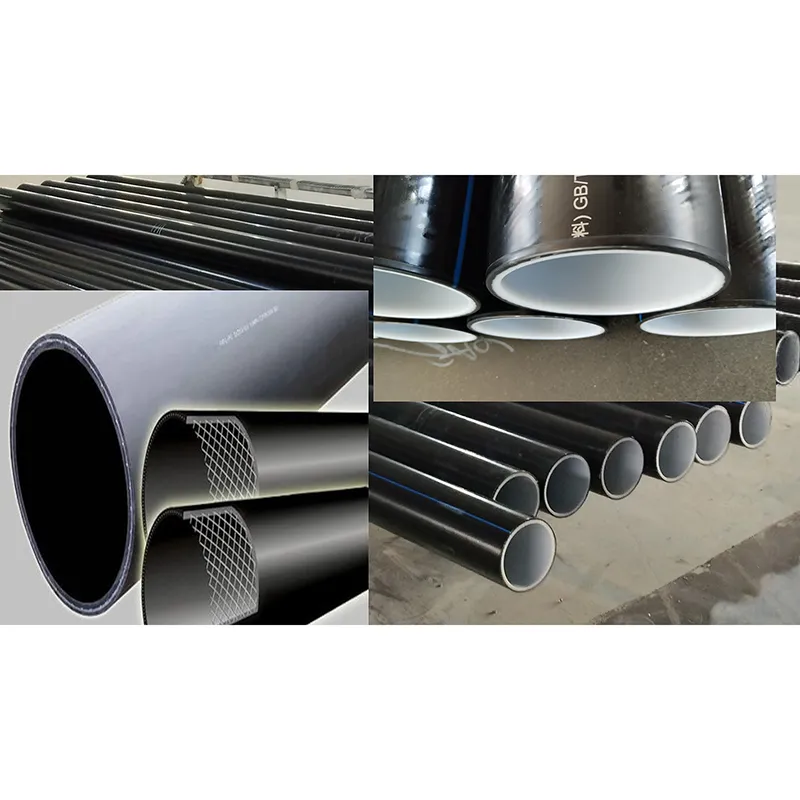
Material and Structural Characteristics
The steel wire mesh composite pipe combines high-strength steel wire with thermoplastic polyethylene. The steel wire, wound in a spiral pattern, acts as a skeleton reinforcement, significantly enhancing the pipe's strength. A high-performance HDPE modified bonding resin ensures a strong bond between the steel wire and the polyethylene layers, creating an excellent composite effect.
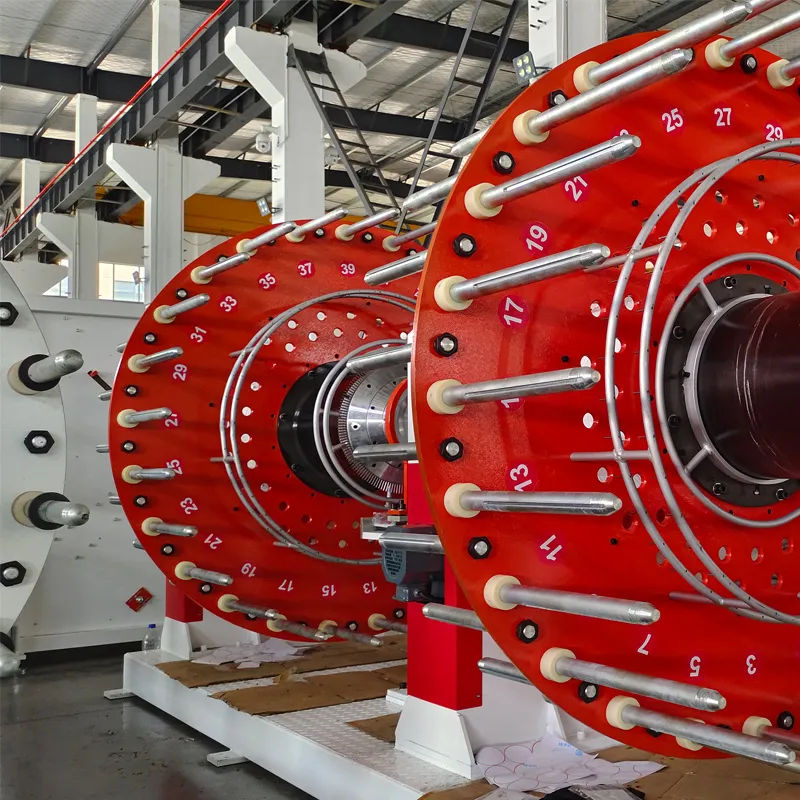
Performance Advantages
This composite pipe overcomes the limitations of traditional steel and plastic pipes while retaining their advantages:
- Corrosion resistance and no scaling
- Smooth surface with low resistance
- Excellent thermal insulation and anti-wax deposition properties
- High wear resistance and lightweight design
- Strength increases with temperature, reducing deformation risk
- Prevention of rapid cracking, especially in large-diameter pipelines
According to NIST (National Institute of Standards and Technology), advanced materials like these are critical for modern infrastructure, emphasizing the importance of rigorous testing and standardization in material performance. [1]
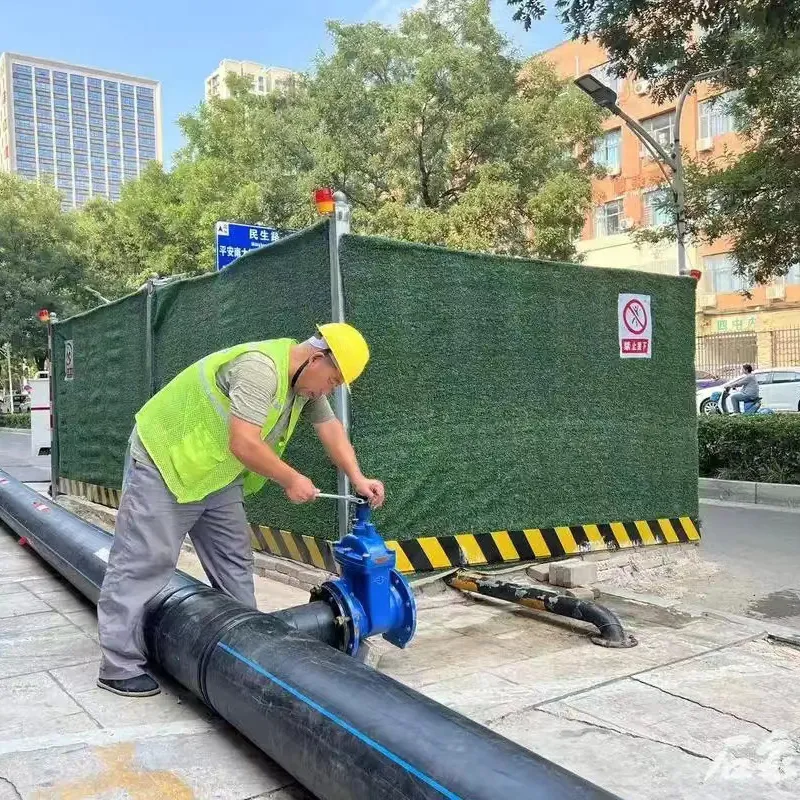
Production Technology and Flexibility
The production line employs advanced technology to ensure consistent quality. By adjusting parameters such as steel wire diameter, mesh spacing, and plastic layer thickness, the system can customize products to meet specific requirements for pressure resistance, temperature tolerance, and corrosion resistance. This adaptability makes it ideal for diverse applications, from municipal water supply to industrial pipelines.
Installation and Maintenance
The steel wire mesh composite pipe is designed for easy installation and maintenance. Its lightweight structure reduces construction costs, while electric welding joints ensure a mature and reliable connection, minimizing leakage risks. This makes it suitable for high-pressure environments, including liquid and gas transportation.
Technical Specifications
| Model | DCS-160 | DCS-315 | DCS-630 | DCS-800 | DCS-1000 | DCS-1200 |
|---|---|---|---|---|---|---|
| Pipe Diameter | 50-160 mm | 110-315 mm | 315-630 mm | 500-800 mm | 710-1000 mm | 800-1200 mm |
| Production Speed | 2.4 m/min | 2.4 m/min | 1.2 m/min | 1.0 m/min | 0.6 m/min | 0.6 m/min |
| Power Consumption (KW) | 110 | 170 | 260 | 360 | 350 | 460 |
| Installed Power (KW) | 385 | 545 | 855 | 1150 | 1150 | 1400 |
| Dimensions (L x W x H) | 73 x 4.7 x 3 m | 75 x 4.5 x 4 m | 76 x 6 x 4 m | 80 x 6 x 4 m | 86 x 7 x 4 m | 100 x 7 x 4.7 m |
Company Background
The production line is developed by Anhui Dongchai Machinery Technology Co., Ltd., a leading manufacturer specializing in advanced machinery for the plastics and construction industries. With a focus on innovation and quality, the company has established itself as a trusted provider of solutions for polyethylene composite pipe production. Their expertise in automation and material science ensures that their products meet global standards.
Applications
The composite pipes are widely used in:
- Drainage and ventilation systems
- Oil and gas transportation
- Sanitary and water supply infrastructure
- Underground cable protection
- Centralized heating and cooling systems
Conclusion
The composite pipe production line exemplifies the synergy of advanced technology and material science. Its high efficiency, durability, and adaptability make it a preferred choice for modern infrastructure projects. As noted by NIST, such innovations are pivotal in advancing sustainable and resilient infrastructure. [1]
References
[1] National Institute of Standards and Technology (NIST). Retrieved from https://www.nist.gov/
Anhui Dongchai Machinery Technology Co., Ltd. – Official Website
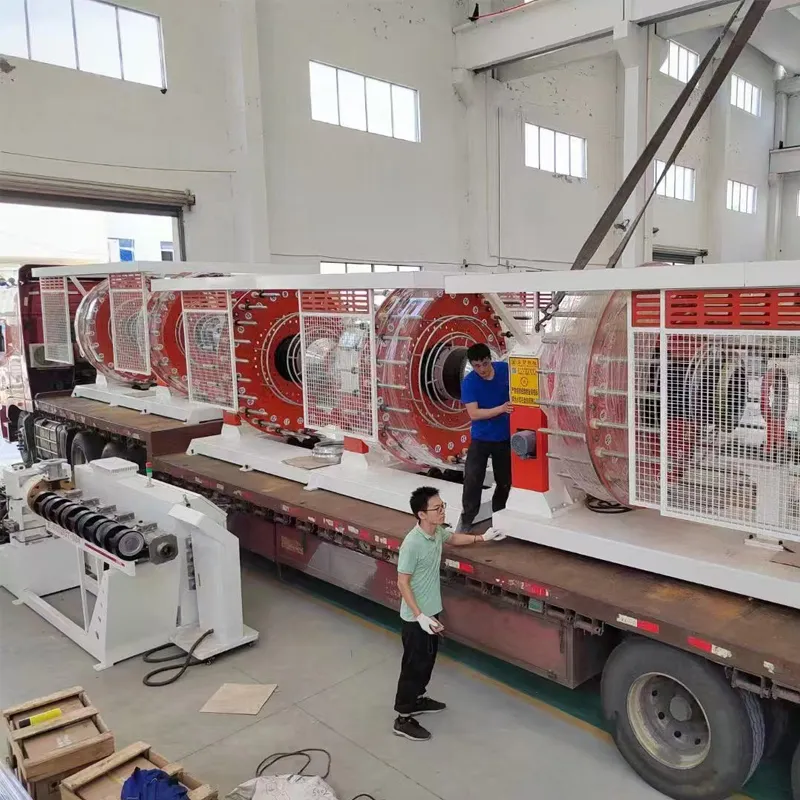
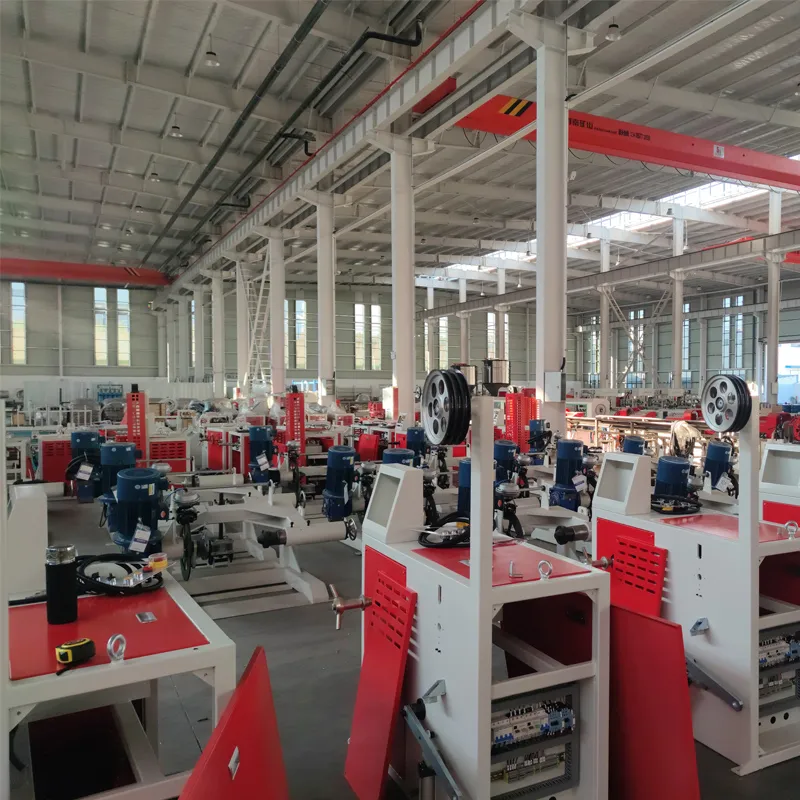
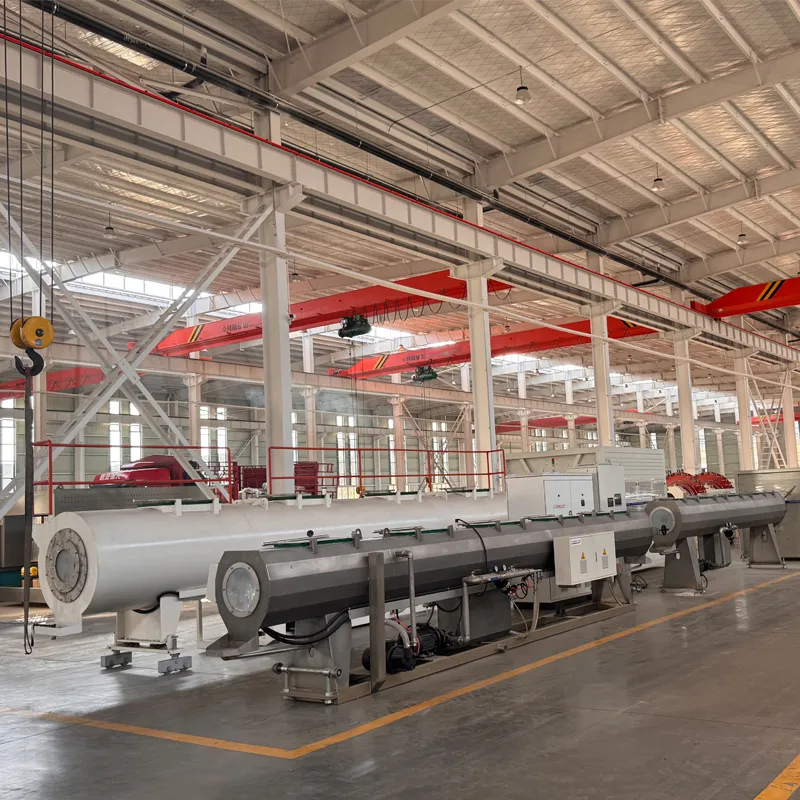
-
Innovative Solutions in PVC Pipe Production LineNewsJul.18,2025
-
Innovative Solutions in Pipe Extrusion Production LineNewsJul.18,2025
-
Advanced Plastic Profile Extrusion SolutionsNewsJul.18,2025
-
PVC Profiles: The Future of Durable and Cost-Effective Construction SolutionsNewsJun.06,2025
-
PVC Pipe Extrusion LineNewsJun.06,2025
-
High-Quality Polyethylene Pipe Production LineNewsJun.06,2025
-
High-Performance Tube Production LineNewsJun.06,2025

